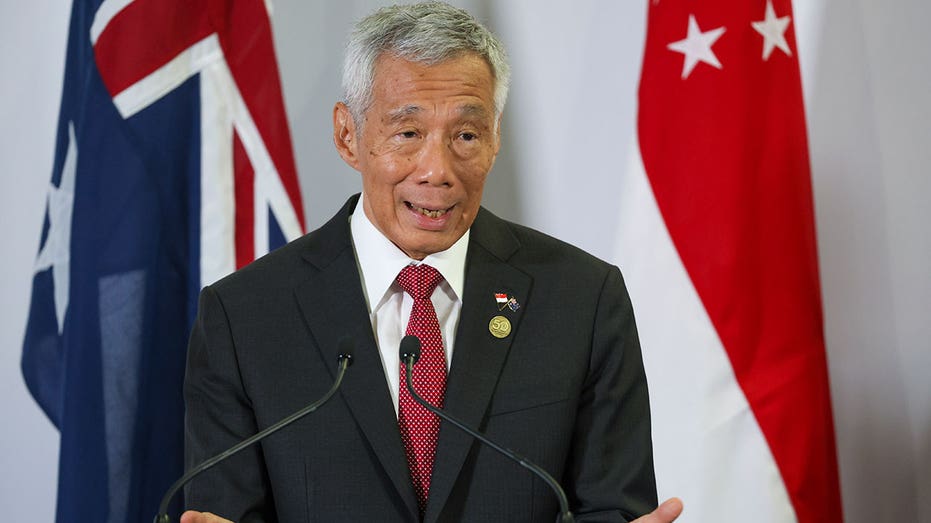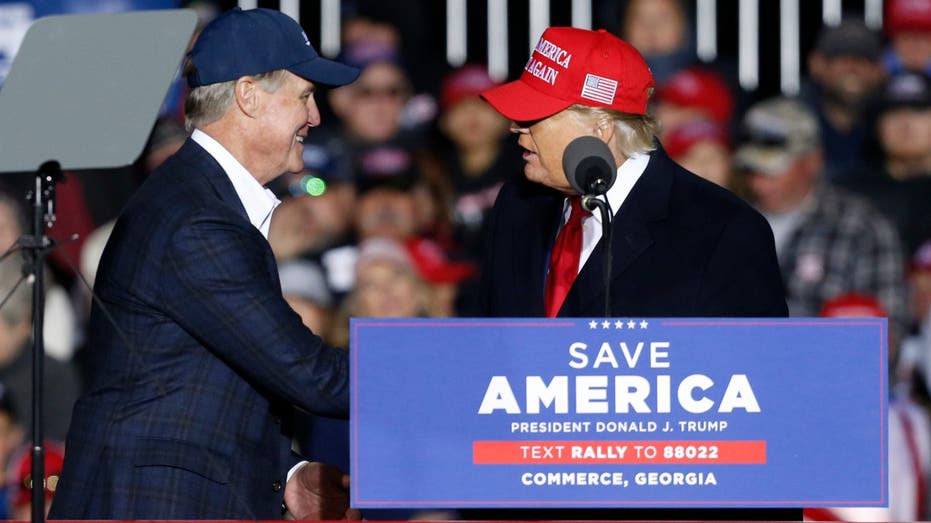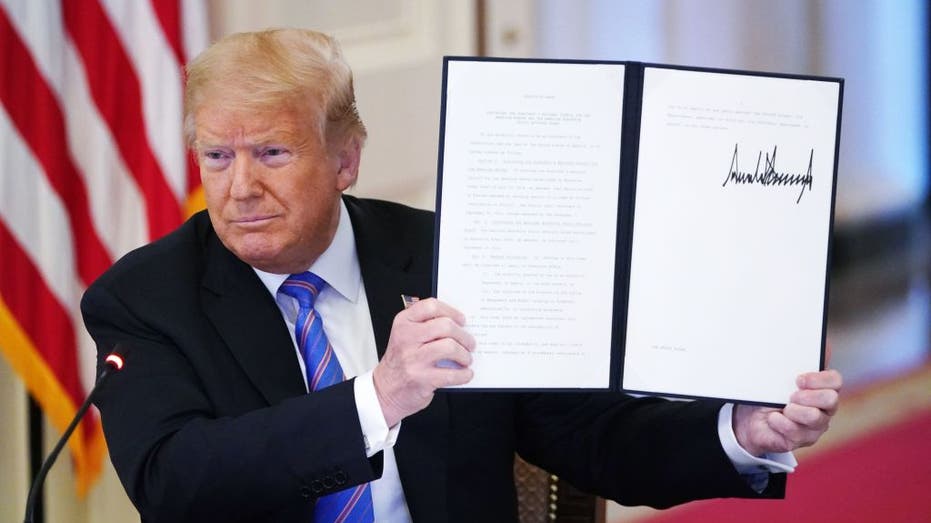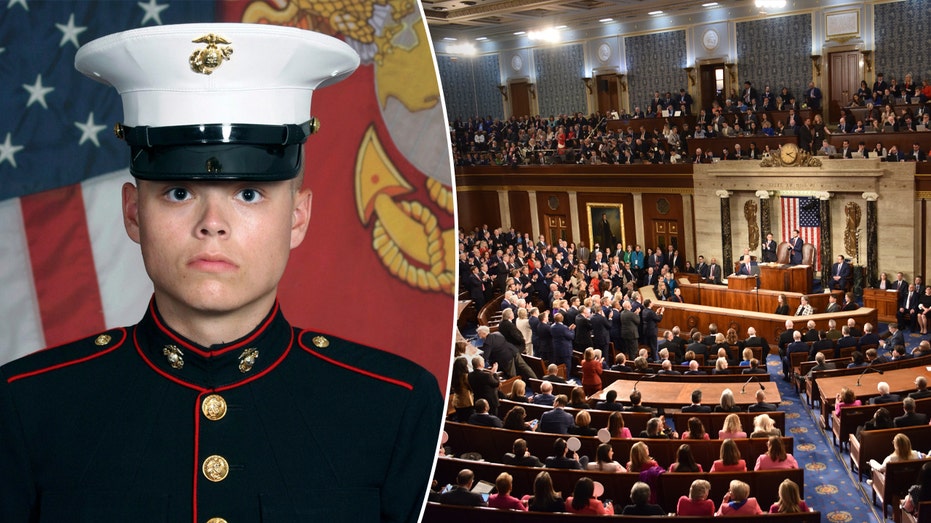Singapore Prime Minister Lee Hsien Loong said Monday that he will step down on May 15 after two decades at the helm, and hand power to his deputy Lawrence Wong.
Lee, 72, will formally advise the city-state’s president to appoint Wong, who is currently deputy prime minister and finance minister, to succeed him, his office said in a brief statement. Wong, who has the unanimous support of lawmakers in the long-ruling People’s Action Party, will be sworn in at the national palace later the same day, it said.
Lee has served as prime minister and head of the PAP since August 2004.
BROTHER OF SINGAPORE PM ACCUSES GOVERNMENT OF PERSECUTING HIS FAMILY
Lee announced last November that he would retire this year and has already named Wong as his designated successor. Lee originally planned to step down before turning 70, but those plans were shelved because of the COVID-19 pandemic.
“For any country, a leadership transition is a significant moment. Lawrence and the 4G (fourth-generation) team have worked hard to gain the people’s trust, notably during the pandemic,” Lee said in a Facebook post on Monday. “I ask all Singaporeans to give Lawrence and his team your full support, and work with them to create a brighter future for Singapore.”
Lee has said there is no reason to delay the political transition and that passing the baton to Wong before national elections due next year will allow the 51-year-old politician to win his own mandate and take the country forward.
Wong came to prominence while helping to coordinate Singapore’s fight against COVID-19. He will be the city-state’s fourth leader since its independence in 1965.
PAP, one of the world’s longest-serving parties, retained its super majority with 83 out of 93 parliamentary seats in 2020 general elections. But that was its worst performance after losing some seats and support slipped.
Lee is the eldest son of Lee Kuan Yew, who became Singapore’s first prime minister and built the resource-poor city-state into one of the world’s richest nations during 31 years in office. But Singapore has also been criticized for its tight government control, media censorship and use of oppressive laws and civil lawsuits against dissidents.




